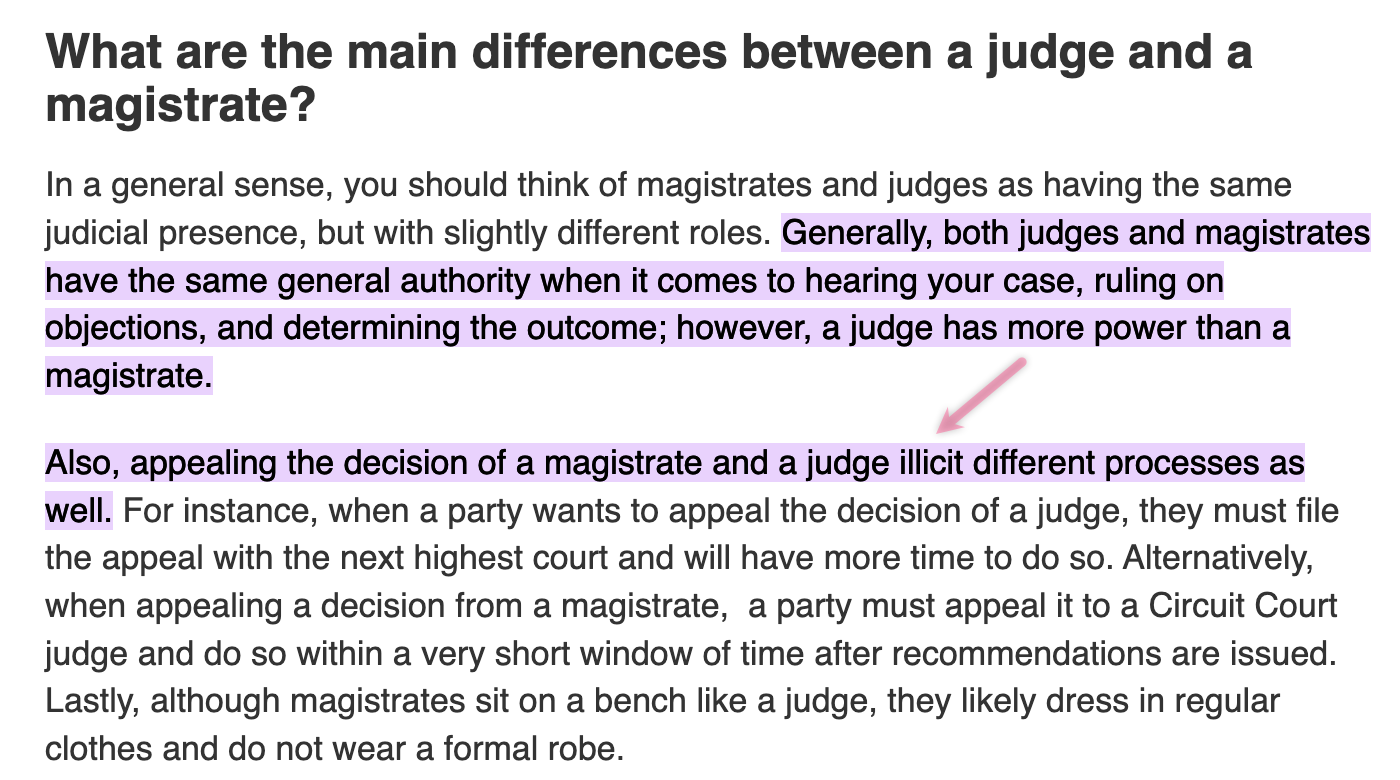Linguistic capture errors
Back in 2008, Arnold Zwicky described a category of typos that he called "completion errors":
…a "completion error", a typo that results you start writing or typing a word and then drift part-way in to another word. I do this all too often with -ation and -ating words — starting the verb COOPERATING but ending up with COOPERATION, for instance. And several people have reported on the American Dialect Society mailing list that their intention to type LINGUISTS frequently leads them into LINGUISTICS, which then has to be truncated. (This discussion on ADS-L followed my typing "original Broadway case", with CASE instead of CAST, and commenting on it.)
26 years earlier, David Rumelhart and Donald Norman used the term "capture errors" for this phenomenon ("Simulating a skilled typist: A study of skilled cognitive-motor performance", Cognitive Science 1982:
This category of error occurs when one intends to type one sequence, but gets "captured" by another that has a similar beginning (Norman, 1981). Examples include:
efficiency – > efficient
incredibly – > incredible
normal – > norman
Read the rest of this entry »
